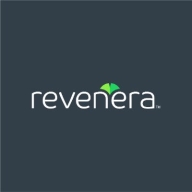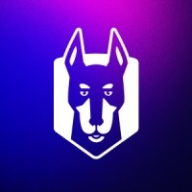

FlexNet Code Insight and Snyk are direct competitors in software security management. Snyk appears to have the advantage due to its comprehensive features and developer-focused approach, while FlexNet Code Insight appeals with competitive pricing and strong support.
Features: FlexNet Code Insight excels in open-source software management with a focus on licensing compliance and vulnerability detection. Snyk offers extensive vulnerability identification throughout the software development lifecycle, emphasizes seamless integration with development tools, and has an extensive vulnerability database that supports proactive risk management.
Ease of Deployment and Customer Service: FlexNet Code Insight is noted for straightforward deployment and responsive customer support. Snyk's cloud-based model ensures flexible and easy integration, with both delivering commendable support. Snyk's robust cloud compatibility suits organizations prioritizing agility.
Pricing and ROI: FlexNet Code Insight provides a competitive pricing model that highlights licensing management and compliance for clear ROI. Snyk may come at a higher price but offers substantial ROI by addressing security risks early, appealing to those seeking comprehensive security solutions.
| Product | Market Share (%) |
|---|---|
| Snyk | 12.7% |
| FlexNet Code Insight | 0.9% |
| Other | 86.4% |

| Company Size | Count |
|---|---|
| Small Business | 20 |
| Midsize Enterprise | 9 |
| Large Enterprise | 21 |
FlexNet Code Insight is a single integrated solution for open source license compliance and security. Find vulnerabilities and remediate associated risk, while you build your products and during their lifecycle. Manage open source license compliance. And add automation to your processes and implement a formal OSS strategy and policy that balances business benefits and risk management.
Snyk excels in integrating security within the development lifecycle, providing teams with an AI Trust Platform that combines speed with security efficiency, ensuring robust AI application development.
Snyk empowers developers with AI-ready engines offering broad coverage, accuracy, and speed essential for modern development. With AI-powered visibility and security, Snyk allows proactive threat prevention and swift threat remediation. The platform supports shifts toward LLM engineering and AI code analysis, enhancing security and development productivity. Snyk collaborates with GenAI coding assistants for improved productivity and AI application threat management. Platform extensibility supports evolving standards with API access and native integrations, ensuring comprehensive and seamless security embedding in development tools.
What are Snyk's standout features?Industries leverage Snyk for security in CI/CD pipelines by automating checks for dependency vulnerabilities and managing open-source licenses. Its Docker and Kubernetes scanning capabilities enhance container security, supporting a proactive security approach. Integrations with platforms like GitHub and Azure DevOps optimize implementation across diverse software environments.
We monitor all Software Composition Analysis (SCA) reviews to prevent fraudulent reviews and keep review quality high. We do not post reviews by company employees or direct competitors. We validate each review for authenticity via cross-reference with LinkedIn, and personal follow-up with the reviewer when necessary.